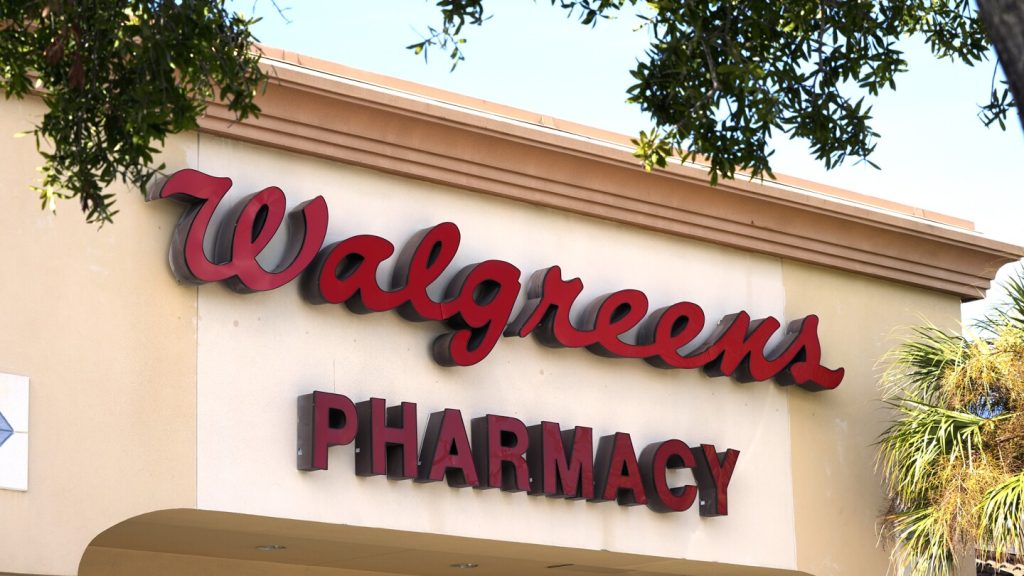Walgreens has agreed to pay $106 million to settle lawsuits that alleged the pharmacy chain submitted false payment claims with government health care programs for prescriptions that were never dispensed. The settlement resolves lawsuits filed in New Mexico, Texas, and Florida on behalf of individuals who had worked in Walgreens’ pharmacy operation. The lawsuits were filed under the False Claims Act, allowing private parties to file cases on behalf of the government and share in the recovery of money. Walgreens was accused of submitting false payment claims to Medicare, Medicaid, and other federal health care programs between 2009 and 2020 for prescriptions that were processed but never picked up. Settlement documents reveal that Walgreens cooperated in the investigation and has improved its electronic management system to prevent similar issues in the future.
In a statement, Walgreens admitted that a software error led to the chain inadvertently billing government programs for a small number of prescriptions that patients submitted but never picked up. The chain corrected the error, reported the issue to the government, and voluntarily refunded all overpayments. Despite the settlement, Walgreens did not acknowledge legal liability in the cases. The settlement marks the resolution of a long-standing legal battle between Walgreens and the government over false payment claims submitted to various health care programs. This case highlights the importance of accurate billing practices in the healthcare industry to prevent fraud and abuse of government programs intended to provide essential services to the public.
The settlement amount of $106 million serves as a significant financial penalty for Walgreens, reflecting the seriousness of the allegations and the impact of false payment claims on government health care programs. The chain’s cooperation in the investigation and implementation of system improvements demonstrate a commitment to preventing similar issues in the future. The whistleblowers who brought these cases to light played a crucial role in holding Walgreens accountable for its actions and recovering funds on behalf of the government. The False Claims Act continues to be an essential tool in combating fraud in the healthcare industry, allowing private individuals to help protect taxpayer dollars and ensure the integrity of government programs.
While Walgreens has agreed to pay the settlement amount, the chain maintains that it did not intentionally submit false payment claims and has taken corrective measures to address the root cause of the billing errors. The statement by Walgreens emphasizes the chain’s commitment to ethical business practices and regulatory compliance. Moving forward, it will be essential for Walgreens and other healthcare providers to prioritize accurate billing procedures and internal controls to prevent similar issues from occurring. The resolution of this case underscores the importance of transparency and accountability in healthcare billing practices to protect the interests of patients, providers, and government programs.
The settlement with Walgreens serves as a reminder to other healthcare providers of the potential consequences of submitting false payment claims to government programs. The financial penalty imposed on Walgreens highlights the legal and financial risks associated with billing errors and fraudulent practices in the healthcare industry. By holding companies accountable for their actions and recovering funds lost to fraud, the government can protect taxpayer dollars and ensure that essential health care services reach those in need. The cooperation between the whistleblowers, government agencies, and Walgreens in reaching this settlement demonstrates the collaborative efforts necessary to combat fraud and uphold the integrity of healthcare programs.
As the healthcare industry continues to evolve, providers must remain vigilant in their compliance with billing regulations and internal controls to prevent fraudulent activities. The resolution of this case involving Walgreens sends a clear message that false payment claims will not be tolerated, and companies found engaging in such practices will face significant penalties. By promoting transparency, accountability, and ethical practices in healthcare billing, providers can build trust with patients and government partners while ensuring that public funds are used effectively and responsibly. This settlement serves as a cautionary tale for healthcare organizations to prioritize compliance and integrity in their billing processes to avoid legal repercussions and protect the public interest.














